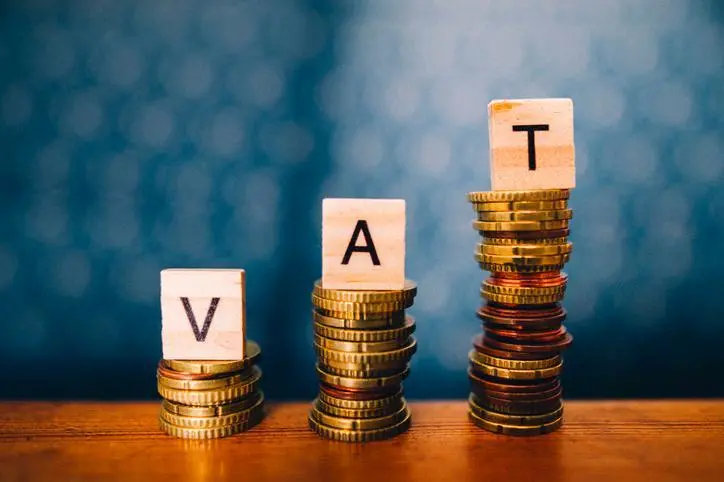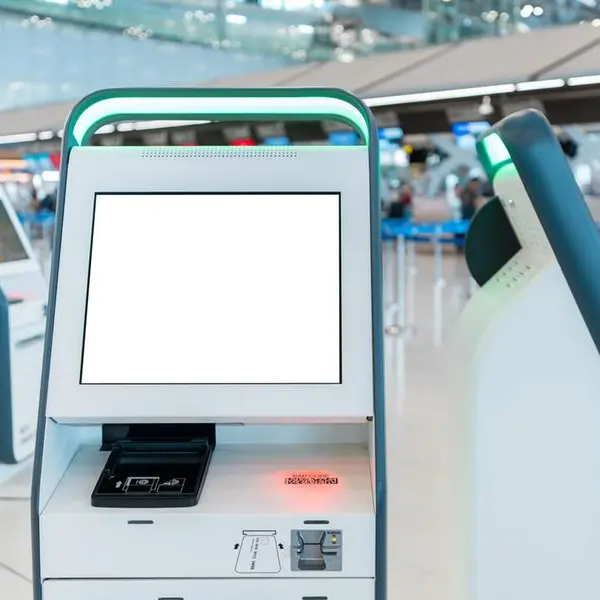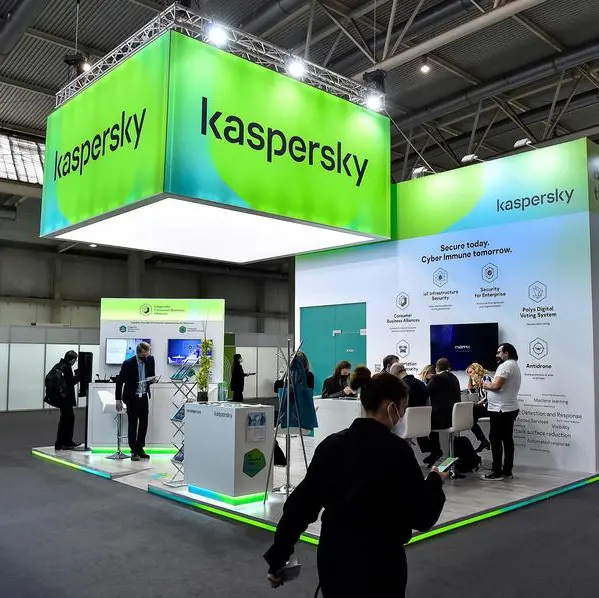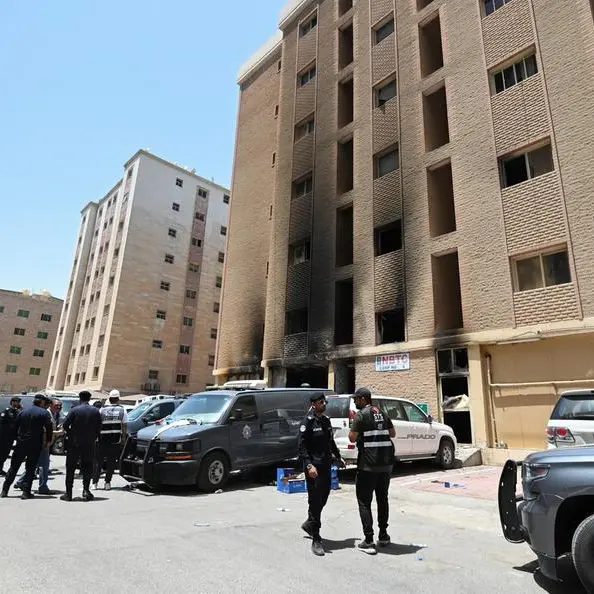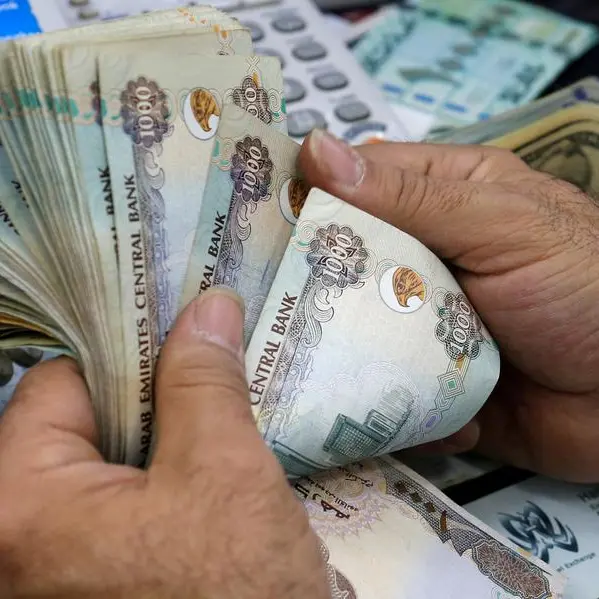PHOTO
Muscat: The government is neither planning to slap income tax in 2023 on high salaried individuals nor it will raise the value-added tax (VAT) beyond 5 per cent, Minister of Finance Sultan bin Salim al Habsi said on Tuesday.
The establishment of the Integrated Natural Gas Company is under consideration, which will operate on the lines of Energy Development Oman.
The public spending in 2023 budget to go up 7 per cent at RO 12.950 billion with deficit is estimated to be about RO 1.3 billion constituting 11 per cent of total revenues and 3 per cent of GDP.
Al Habsi said that global economic and geopolitical developments were taken into consideration when drafting the general state Budget 2023. He pointed out that Oman utilised the gains from excess in oil prices to cut down the public debt. As a result, the public debt was slashed from 70 per cent in 2020 to 43 per cent in 2022, he explained.
The government will begin implementing a programme of fiscal sustainability and the development of the financial sector through the creation of initiatives and projects, Al Habsi affirmed. He added that these initiatives and programmes will be conducted jointly with the Central Bank of Oman (CBO) and the Capital Market Authority (CMA) to bolster the role of the banking sector in funding and investment—which will serve the goals of the National Programme for Achieving Fiscal Balance.
The minister pointed out that Oman managed to keep inflation within safe boundaries not exceeding 3 percent, thanks to a raft of policies designed to stem the impacts of the phenomenon.
He said that total subsidy in 2022 stood at RO 1.6 billion.
The state’s general budget for 2023 has pegged oil price at $55 per barrel.
The details were unveiled during a media presentation of the state's general budget for the year 2023, with the participation of several departments, including the Ministry of Economy, the Ministry of Commerce, Industry and Investment Promotion, and Oman Investment Authority.
Speaking at the briefing, Dr Nasser al Maawali, Under-Secretary, Ministry of Economy, said that the economy achieved remarkable growth rates due to the economic policies, structural reforms and the rise in prices of crude oil.
The Ministry of Finance said that the total initial public revenues for the year 2023 will be about RO 11.650 billion, up 10 per cent from the approved budget for the year 2022.
The average rate of oil production is expected to rise to 1.175 million barrels per day, at an average price of $55 per barrel for Oman crude. The oil price has been fixed considering the uncertainty facing global oil markets due to supply issues, the slowdown in the Chinese economy due to Covid-19 restrictions, and the potential global recession.
The government was able to control inflation and provided support for basic services, which was around RO 1.6 billion last year, and it will continue in the coming year.
Despite the expectations of a decline in the growth of the global economy, the national economy is expected to grow by 5 per cent, driven by oil and non-oil activities.
The estimated investment expenditure for the year 2023 is RO 4.5 billion, of which RO 1.1 billion is from the budget, RO 1.9 billion is from the investments of the Omani Investment Authority, and RO 1.5 billion is from Energy Development Oman (EDO).
Estimates of the state’s general budget until the end of 2022 indicate that the average price of oil is expected to reach $94, bringing revenues to RO 14.234 billion and spending RO 13.88 billion, to record a financial surplus of RO 1.146 billion.
Foreign direct investments in the Sultanate grew to reach about RO 17.9 billion by the end of Q2 2022, benefiting from the initiatives and procedures established to attract investment.
The Ministry of Economy said that the total development expenditures from the beginning of the tenth five-year plan (2021-2025) until the end of November 2022 amounted to RO 2.029 billion.
The Ministry of Economy said the most prominent new projects for the year 2023 are the construction of 15 schools in various governorates, the construction of health centres in some wilayats, the implementation of a few dual and service roads, natural parks and dams, and the establishment of a fishing port in the Wilayat of Mahout.
Oman Investment Authority will spend RO 1.9 billion for business ventures in 2023, including expanding and enhancing existing projects, completing under-construction projects, and developing new projects.
The Minister of Commerce, Industry and Investment Promotion (MoCIIP) said that 35 new regulations have been issued to improve the business environment during the 2020-2022 period.
MoCIIP said 802,524 applications were submitted through Invest Easy portal and more than 765,324 licences were issued automatically since the launch of the service in April 2021.
The decision to cut government services fees by 17 to 100 per cent was aimed at supporting the national economy and providing facilities.
Foreign Direct Investment in the Sultanate has grown to RO 17.9 billion by the end of the second quarter of 2022, benefiting from the initiatives and measures taken to attract investments.
Due to improvements in oil prices, the economy's recovery from the effects of the Covid-19 pandemic and the effectiveness of economic activities, the Sultanate’s GDP grew by 30.4 per cent at current prices in the first half of 2022 compared to the first half of 2021.
Dr Said bin Mohammed al Saqri, Minister of Economy, said: “Inflation is expected to be in the range of three per cent, due to government measures to subsidise the fuel prices, basic services and foodstuffs, and to secure basic food commodities.”
The Strategic Programmes approved as part of the 10th five-year plan are being implemented at an accelerated pace and development allocations in 2022 were directed to Musandam Gas Plant, construction of a passenger terminal at Muscat International Airport and new hospitals, and financing scholarship and housing programmes.
To enhance the growth of the Omani economy and accelerate the approved development projects, the allocations for the ongoing development projects increased by 25 per cent until November 2022 with a focus on top-priority projects in the social and service fields.
The development budget estimates for the year 2023 amount to RO 5.8 billion, of which RO 5.3 billion is for ongoing projects (with an overall completion rate of 60 per cent as of November 22) and RO 500 million is for new projects.
The actual investment spending during the year 2022 for government agencies was as follows: civil ministries (RO 1.1 billion); Oman Investment Authority (RO 2.2 billion) and Energy Development Oman (RO 1.2 billion).
Infrastructure projects had the largest proportion of the development allocations for the 10th five-year plan until November 2022. This includes the allocations directed to governorates’ development projects and the Al Batinah Coastal Road project.
Economic diversification sectors are making steady strides towards achieving the targets of the 10th five-year plan. The first half of the plan witnessed an improved performance of the transport and logistics, agriculture and mining sectors.
Indicating the effectiveness of the economic diversification plans, different non-oil economic activities recorded growth in the first half of 2022, led by transportation and storage and industrial activities, which grew by 26.1 per cent and 25.1 per cent.
The Ministry of Finance is embarking on restructuring Oman Development Bank (ODB) so that it could play a greater role in terms of volume of funding rendered to private sector companies and small and medium enterprises (SMEs).
2022 © All right reserved for Oman Establishment for Press, Publication and Advertising (OEPPA) Provided by SyndiGate Media Inc. (Syndigate.info).
